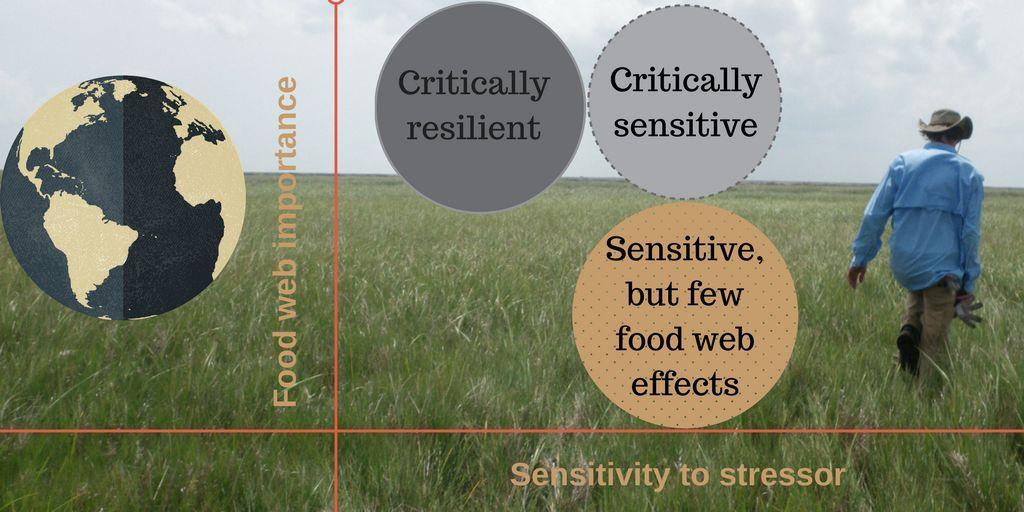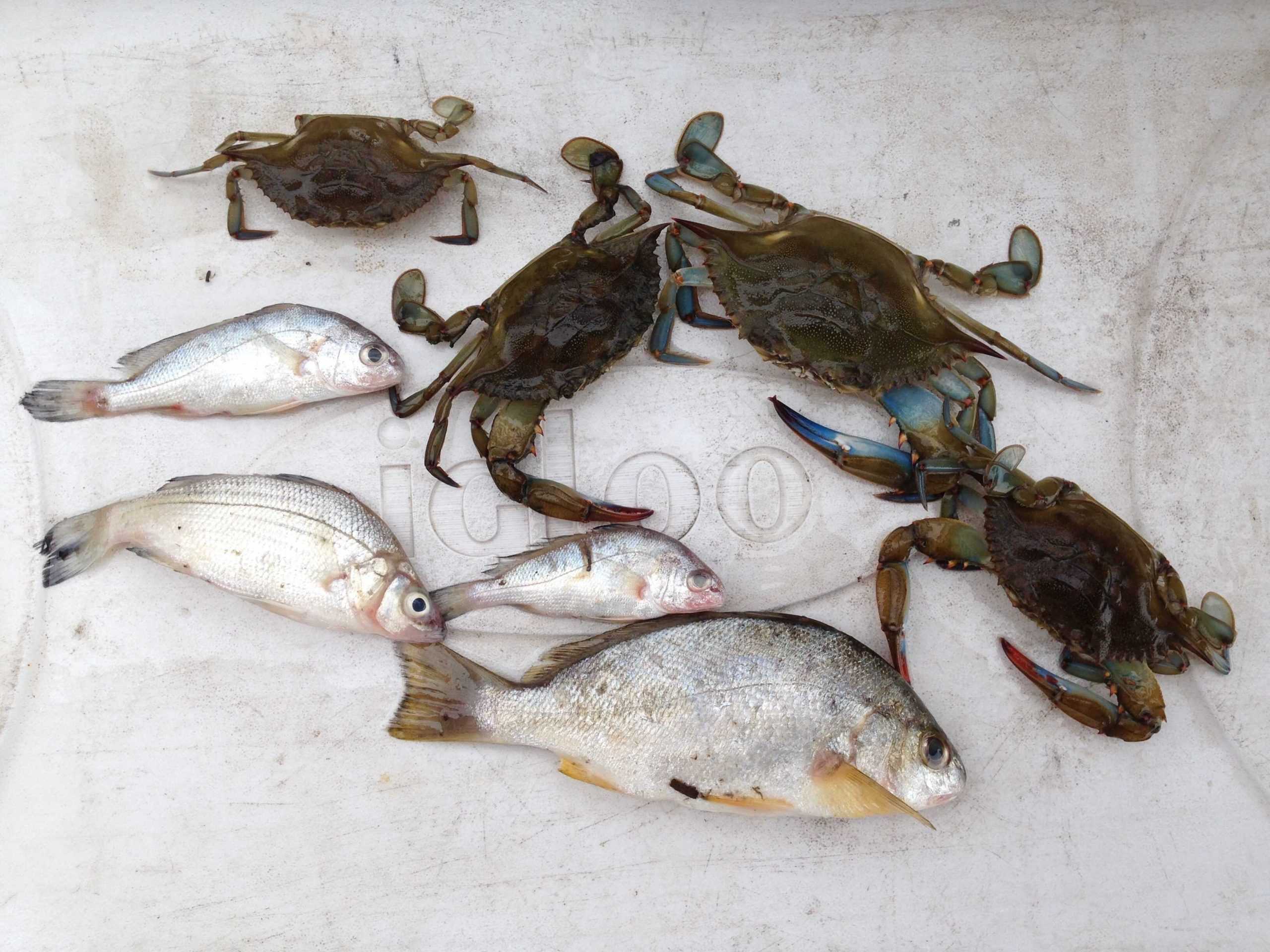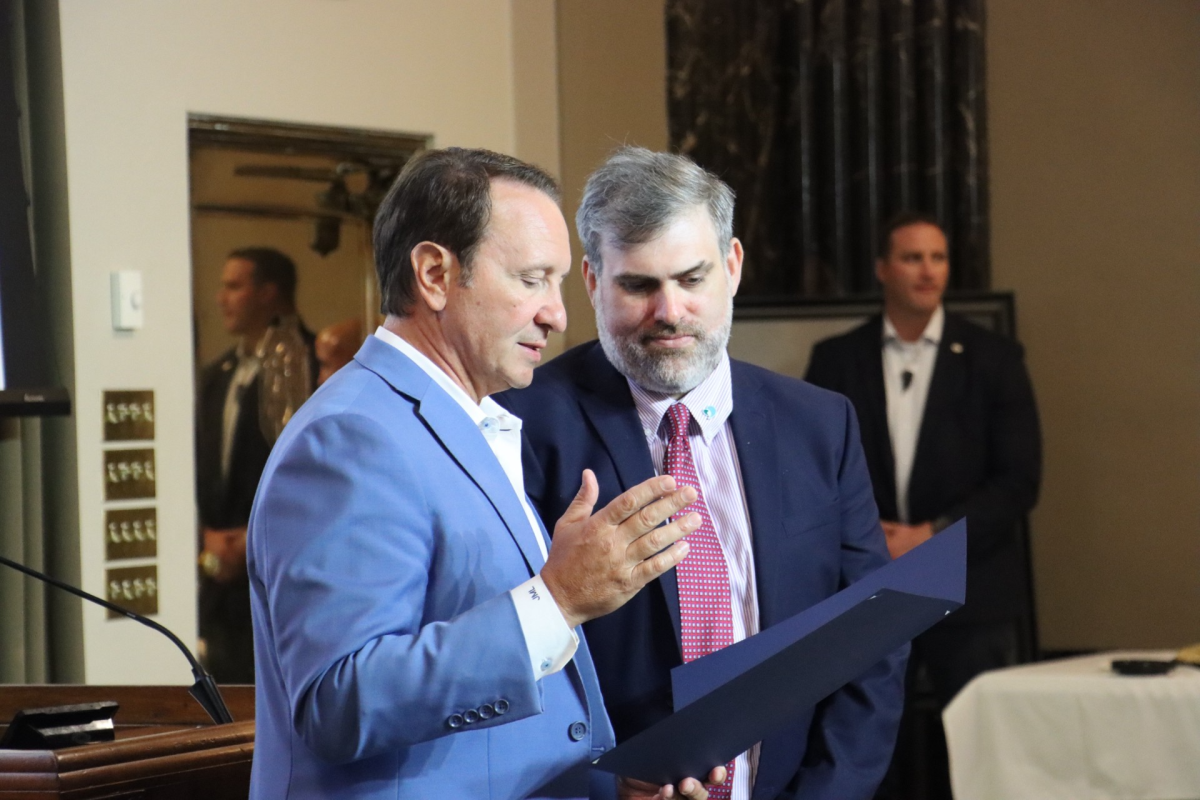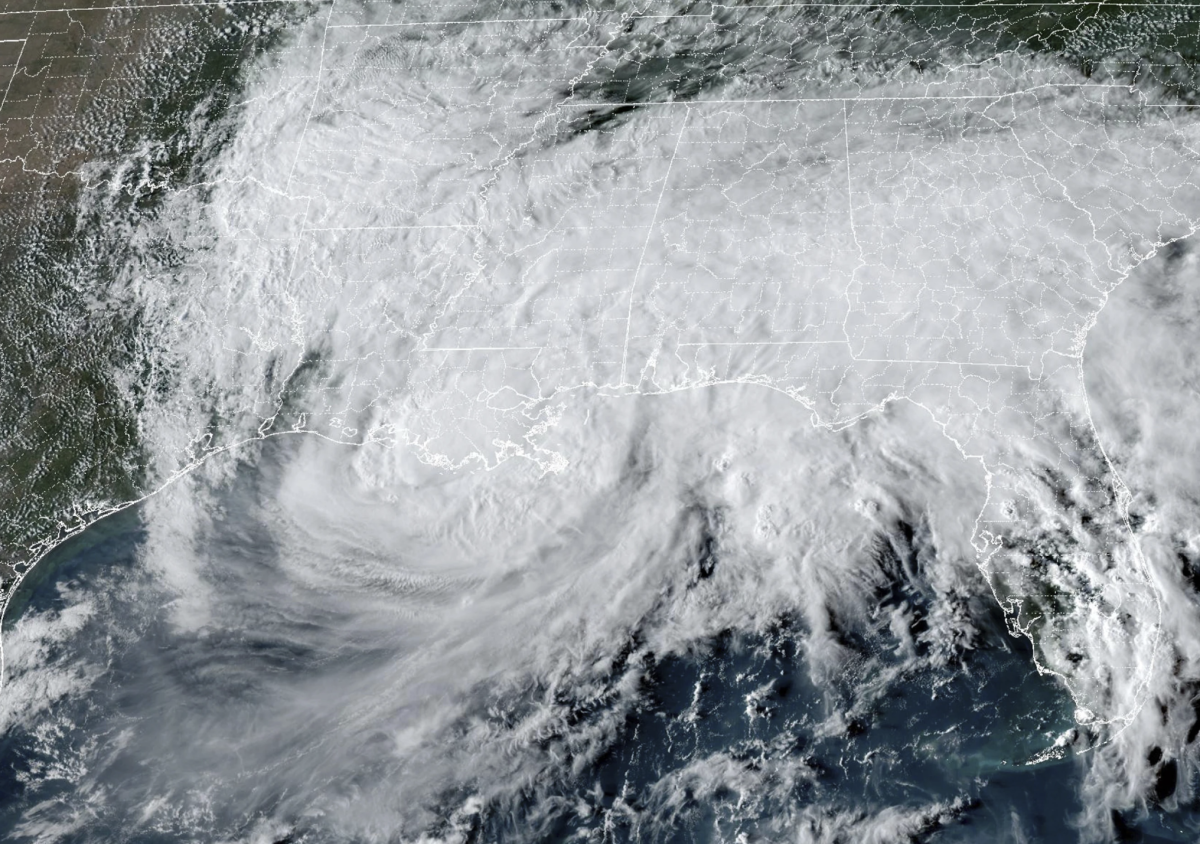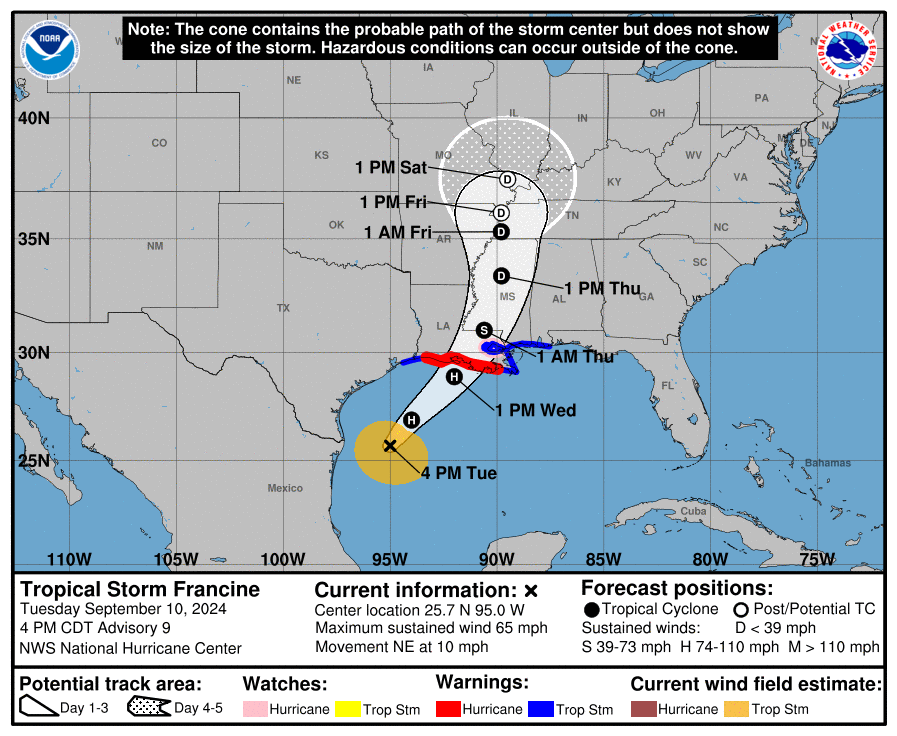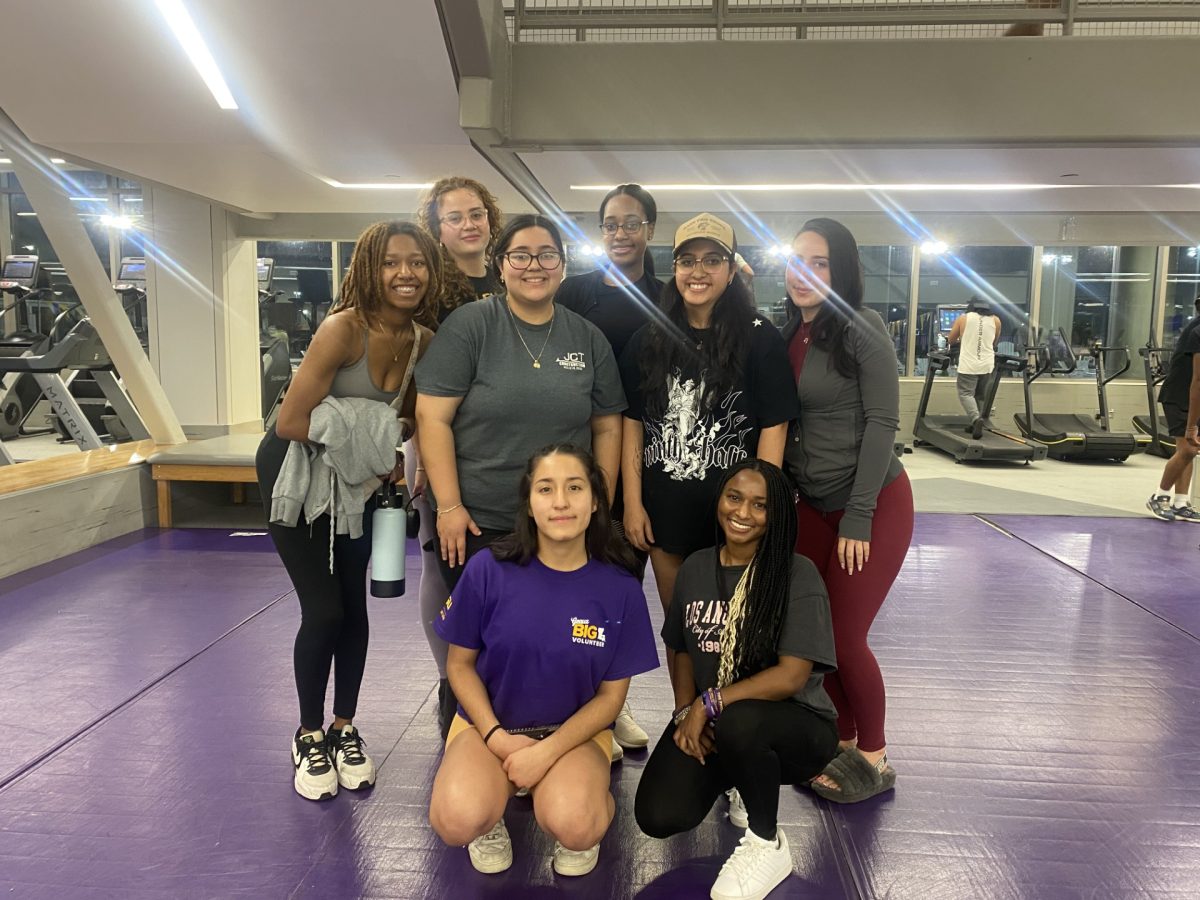Michael Polito, assistant professor in the Department of Oceanography and Coastal Sciences, was one researcher among many with expertise in coastal marshes who collaborated on a project looking at the effects of the Deepwater Horizon oil spill from 2010 on Louisiana coastal marsh ecosystems.
Polito said there was not yet a study that compiled both food webs and what animals were sensitive to oil. He said the project was funded through the Gulf of Mexico Research Initiative, a funding source that came about following the BP Oil Spill, dedicated to researching the impacts of the oil spill.
He said the researchers wanted to determine how animals’ food web connections help to either buffer, or make the ecosystem more resilient to oil spills, or make them more sensitive to oil spills.
“What we really wanted to understand was not only what species are more or less sensitive to oil, but [what] species that are sensitive to oil also very important in the food web,” Polito said, “such that if oil impacts them, it will impact other species through them.”
Polito said the group pulled from research already published and conducted. Two techniques used in past research about species in food webs included stable isotope analysis and fatty acid analysis. He said these techniques provided the basic idea of “you are what you eat.”
“We had to pull together a lot of different research from a lot of different researchers,” Polito said. “We reviewed everything we knew about who eats who in a marsh and how sensitive species in marshes are to oil.”
With that information, they created a figure that included a scale that ranked how important various species are in the food web and how many connections those species have to other species, as well as a scale of how sensitive those species are to oil.
Polito said the researchers created a food web for their study. Some of the species on the food web included various types of plants, crabs, spiders, sparrows, fishes, birds and shrimp.
“It’s from this that we’re able to estimate how important a species is in the food chain, based on how connected it is to everybody else and how much energy has to flow through it to get somewhere else,” Polito said.
He said their findings revealed different things. Research showed animals like marsh crabs and reptiles were moderately important to the food web, but no data supported their sensitivity to oil. Carnivorous fish and marsh carnivorous fish were important in the food web, but were not sensitive to oil. This resulted in no change or effect in the food web.
Species like gulls, terns, snails and wading birds were ranked to be highly important in the food web and highly sensitive to oil. Therefore, their decrease in populations will have an effect on the entire food chain.
He said blue crabs were a species that needed more research. He said blue crabs ended up being the most important species in the salt marsh ecosystem, but had only intermediate sensitivity to oil. Past research conducted on blue crabs and their sensitivity to oil was inconclusive, Polito said.
“This research has brought up new questions for us, new things we can explore, such as this idea of understanding blue crabs’ [sensitivity] to oil,” Polito said.
Polito said this research is important because of the implications of the oil spill on Louisiana’s economy.
“The coastal marshes are home to a lot of commercial and recreational species, like blue crabs, shrimp and fish, [so] this research will help us understand not only how sensitive those species are to oil but how sensitive the species directly connected to them are to oil. It will help us better predict and address the effects to commercial import species in the future,” he said.
In addition to studying what implications oil spills have on Louisiana, Polito said this research can help Louisianians to better understand which species should have priority in conservation efforts.
“By identifying which species are considered the most important in a food web, that really pinpoints species we need to target for conservation efforts,” Polito said. “By helping to support those species, we can help support the whole food chain through them.”
LSU professor conducts research on effects of Deepwater Horizon oil spill on Louisiana food chains
March 23, 2017
More to Discover



